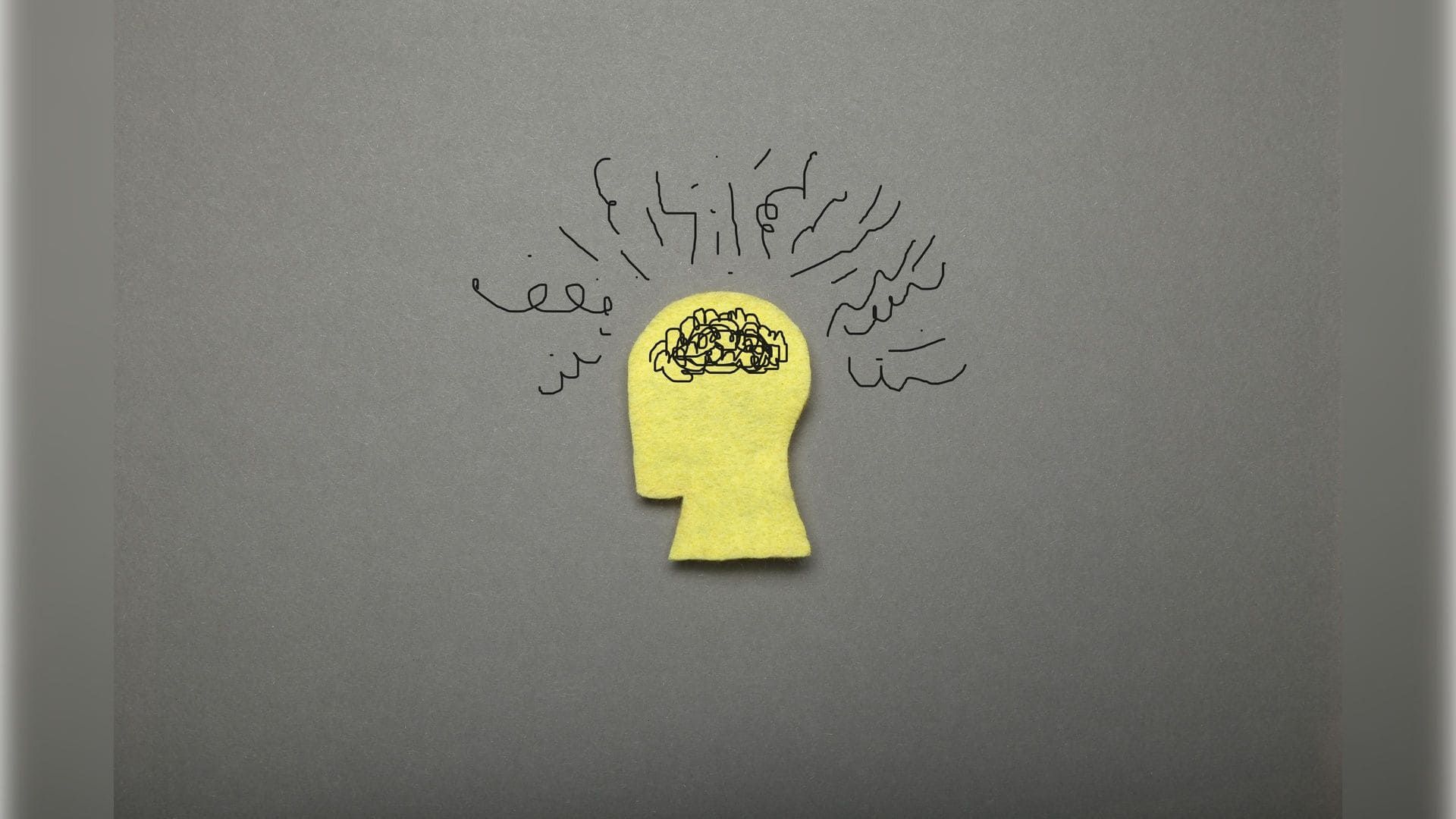Can Stress Make Your Period Late? Effects of Stress on Your Menstrual Cycle

Sarah Johnson, MD

Your period is late. That flutter of worry is familiar. Even when pregnancy isn't a possibility, the question lingers. You are not alone in this. Many women experience cycle changes due to stress. It is a normal, physiological response. That flutter of worry when your period is late is completely normal; a Mental Health AI can help you understand how stress impacts your cycle and ease your anxiety.
How Stress Affects Your Menstrual Cycle
When your body is stressed, it produces cortisol, a hormone that can temporarily disrupt the delicate balance of your reproductive hormones. This interference signals that it may not be an ideal time for reproduction, often leading to delayed ovulation and a late period. Hormone imbalances caused by stress can also trigger an early period or irregular cycles. When stress disrupts your cycle, it's often due to cortisol impacting your reproductive hormones; understanding these menstrual stress patterns can help ease your worry.
How Long Can Stress Delay Your Period?
You may ask, "Can stress delay your period and for how long?" The answer varies for everyone. Some may experience a delay of just a few days, while others under high stress may see a period pushed back by one or two weeks.
Chronic stress usually has a greater impact than a single stressful event. Understanding your body's response can help you track stress and late period patterns.
Signs of Stress and Late Periods
- Trouble sleeping or insomnia
- Mood swings or irritability
- Changes in appetite
- Recent major life events, such as work pressure, exams, or relationship stress
If your period is late without other pregnancy signs, these can be strong indicators that stress is affecting your menstrual cycle.
When Should You Be Concerned?
Take a pregnancy test for peace of mind if there's any possibility. If negative, and your period is over two weeks late or this happens frequently, consult a healthcare provider. Conditions such as polycystic ovary syndrome (PCOS) or thyroid issues can also affect cycles. An OB-GYN can help clarify your situation and rule out other causes. If your period is late and pregnancy isn't a factor, understanding the stress reproductive impact on your cycle can provide clarity and reduce anxiety.
How to Help Your Cycle Get Back on Track
- Prioritize consistent, quality sleep
- Eat balanced, nutritious meals
- Engage in gentle movement like walking or yoga
- Practice relaxation techniques: deep breathing, meditation, or mindfulness
These steps can help lower cortisol levels, allowing your hormone levels to rebalance naturally. For additional guidance, see our article on stress management techniques.
Can Stress Cause Early or Missed Periods?
Stress does not only delay periods. The same hormonal fluctuations can trigger an early period. These hormonal shifts influence not only your cycle but also your emotional rhythm — understanding the connection between emotions and the menstrual cycle can help you see your symptoms more clearly.
In extreme or chronic stress cases, you may completely miss a period, known as stress-induced amenorrhea. Understanding the link between early period and stress or stress and missed period helps you track patterns and take action. Stress can disrupt your cycle in many ways, from early periods to missed ones; recognizing these menstrual stress symptoms is the first step toward regaining balance.
FAQ
Will stress make my period late?
Yes, stress can temporarily delay your cycle. The delay depends on your unique body and the intensity of stress.
Can stress cause a late or missed period?
Absolutely. Prolonged high stress may result in delayed or missed periods, which is a common physiological response.
Is an early period caused by stress normal?
Yes, hormonal fluctuations due to stress can trigger an early period in some cases.
Will my cycle return to normal after stress decreases?
In most cases, yes. As your stress levels drop, your regular menstrual cycle typically resumes.
Can stress make your period late?
Yes, stress can delay your period by disrupting hormonal balance; understanding this hormonal stress interactions can help you navigate cycle changes with less anxiety. When your body experiences stress, it produces cortisol, which can disrupt the delicate balance of reproductive hormones. This may delay ovulation and, as a result, your period. The length of the delay varies depending on your body and the intensity of the stress.
Can stress cause your period to be late?
Absolutely. Prolonged or high levels of stress can interfere with hormonal regulation, potentially leading to a late period or even a missed one in extreme cases. This is a normal physiological response, and your cycle often returns to normal once stress levels decrease.
Do not panic or blame yourself. Your body is adapting to protect you. Focus on gentle self-care, monitor your cycle, and consult a healthcare provider if irregularities persist. To speed up this process, consider using innovative tools like AI therapists that provide stress-reduction techniques anytime you need them.














